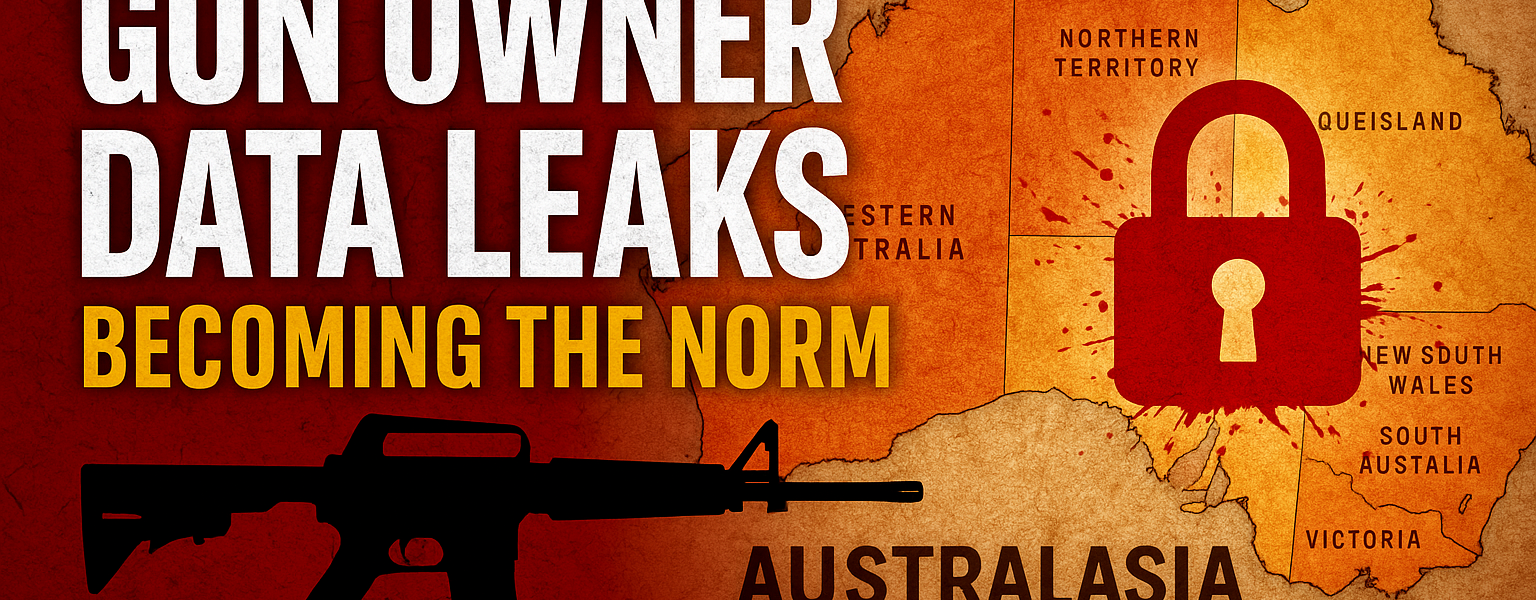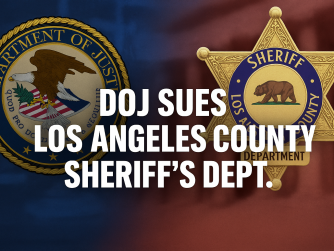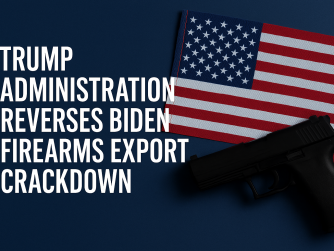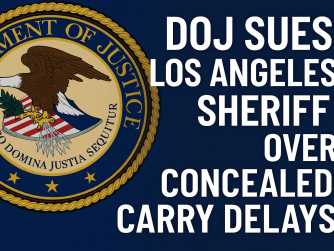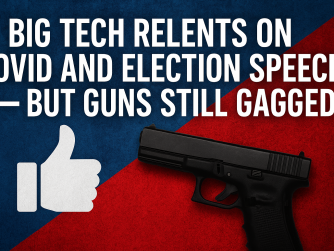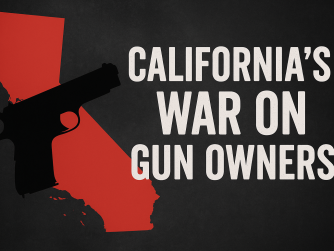In 2024, Western Australia enacted what it proudly called the nation’s “toughest firearms laws.” The aim? To dramatically restrict who could legally own a firearm by demanding stricter justification from applicants. According to the Australian Broadcasting Corporation (ABC), the government’s position is clear: gun ownership is a privilege, not a right.
The law imposed strict limits on the number of guns a person can own—five or ten, depending on the license class—and projected the confiscation of up to 40,000 firearms. To administer the overhaul, Western Australia rolled out a digital system: the Police Force Firearms Licensing and Registration Portal. But from day one, the platform has been plagued by dysfunction.
In a July article titled “Deb’s 25 years of administration experience proved no match for WA’s firearms portal,” WAtoday documented the struggles of Deb Taylor, a veteran administrator, who found the new system nearly unusable. “It wasn’t good,” she said. “All I could think was so many people are going to struggle with this.” Another gun owner said it felt like the system was “designed to be deliberately difficult,” citing endless dead-ends with unresponsive customer service.
But technical frustration soon gave way to real danger.
On July 17, The West Australian reported a major breach: the portal had exposed the physical addresses and gun safe locations of licensed firearm holders. The issue was raised by a Jarrahdale shooting club that discovered users with expired credentials could still access sensitive data. In response, police suspended the portal, citing “system maintenance.”
MP Brian Walker didn’t mince words: “The system is not only faulty, but is dangerously unfit for purpose.” He warned that gun owners’ private information had effectively been handed out to others on the list.
The Shooting Industry Foundation of Australia (SIFA) slammed the government for its handling of both the law and its enforcement. CEO James Walsh stated, “This entire process has been a complete debacle.” He noted the irony: a system meant to enhance public safety had ended up jeopardizing it.
Unfortunately, this is not an isolated incident.
In neighboring New Zealand, gun owner data has been leaked at least three times in recent years. In 2025, Israeli firearm data was also compromised. In the U.S., California’s Department of Justice leaked sensitive information in 2022, including personal details for individuals who applied for concealed carry permits over a ten-year span.
The trend is clear—and alarming. Governments continue to collect massive amounts of private data from lawful gun owners, only to repeatedly fail at protecting it. The only foolproof solution? Stop collecting the data in the first place.

